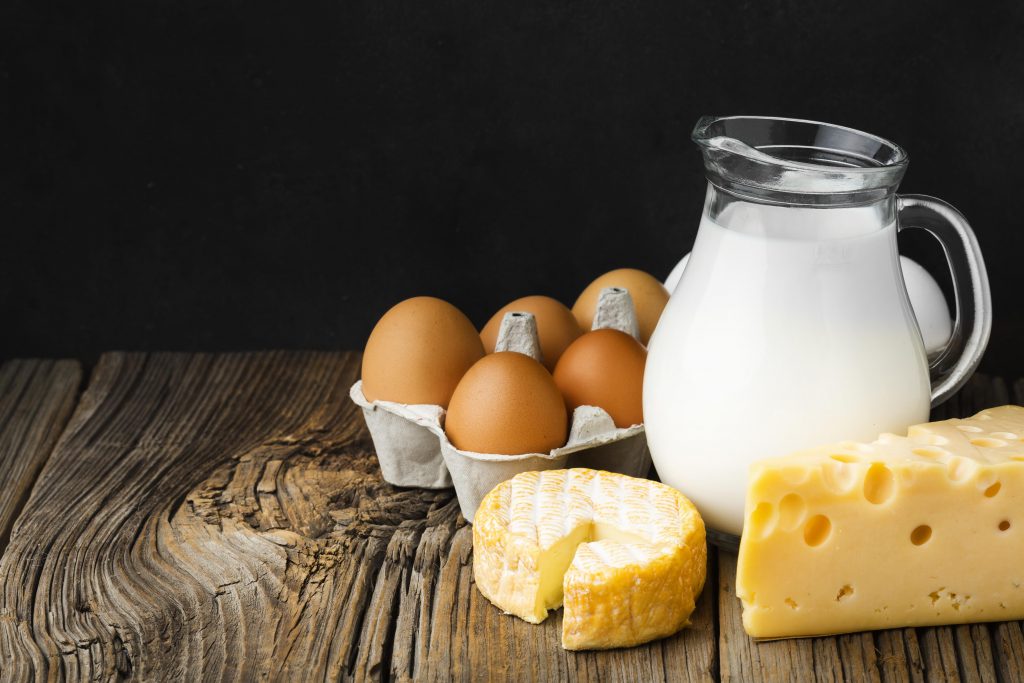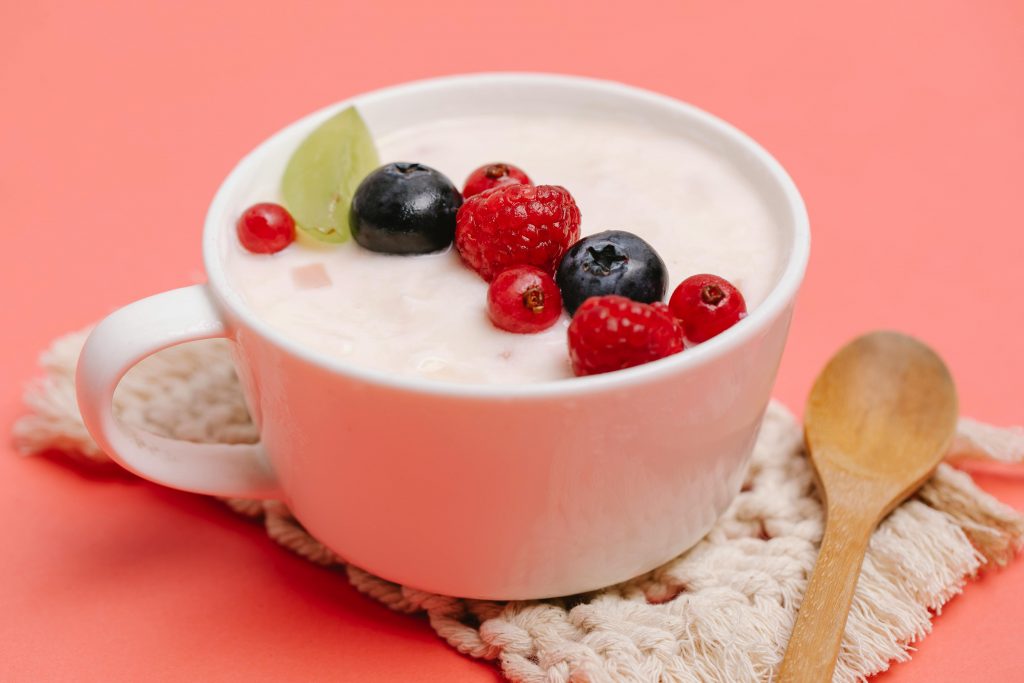The Study Behind the Headlines
A new systematic review published in Frontiers in Nutrition (October 2025) has made waves in the nutrition and bone health community. https://www.frontiersin.org/journals/nutrition
Key Takeaways
- Nuanced Nutrition: While rich in calcium, yogurt alone is not a ‘magic bullet’ for preventing fractures in adults.
- The Probiotic Benefit: The real value of yogurt lies in the gut-bone axis; healthy gut bacteria improve the absorption of bone-building minerals.
- What to Choose: Opt for Greek or plain yogurt to avoid hidden sugars that can accelerate bone breakdown.
Despite yogurt’s reputation as a calcium-rich, bone-building food, the study found little measurable impact on reducing fracture risk or improving adult bone density.
Researchers pooled data from multiple long-term studies and concluded that while yogurt contributes valuable nutrients—calcium, protein, and probiotics—its independent effect on bone strength and fracture prevention is negligible in adults when other dietary and lifestyle factors are considered.
So, does this mean yogurt is useless for your bones? Not at all—but it’s not the magic bullet many people assume.

Why Yogurt Isn’t the Whole Story
For years, health advice has often simplified the relationship between dairy and bone health. But the truth is more nuanced:
| Nutrient or Factor | Yogurt Contribution | Impact on Bone Health |
|---|---|---|
| Calcium | Moderate (varies by brand and portion) | Essential for bone structure, but must be supported by Vitamin D |
| Protein | High | Important for muscle and bone tissue maintenance |
| Probiotics | Variable | May support gut health, which can indirectly affect calcium absorption |
| Vitamin D | Minimal in most yogurts | Crucial for calcium absorption and bone metabolism |
| Phosphorus & Magnesium | Present in small amounts | Supportive but not primary bone-building drivers |
In short: yogurt supports bone health as part of a balanced diet—but cannot replace a comprehensive bone care strategy.
What the Best Evidence Tells Us

- Dairy ≠ guaranteed strong bones. Several large cohort studies have shown inconsistent links between high dairy intake and reduced fracture rates.
- Total nutrient balance matters. Adequate calcium, vitamin D, and protein—along with weight-bearing exercise—determine bone resilience more than any single food.
- Gut health plays a role. Some probiotic strains may help calcium absorption, but findings remain preliminary.
Key takeaway: Yogurt contributes to the bigger picture of nutrition, but the “dairy = bone protection” message is oversimplified.
The Bigger Picture: Building Stronger Bones for Life
At London Osteoporosis Clinic, we know that optimal bone health comes from a multi-factor approach, including:
- Nutrient synergy: Vitamin D, calcium, magnesium, and protein working together.
- Lifestyle habits: Regular resistance training, balance exercises, and sunlight exposure.
- Medical monitoring: Bone density scans (DEXA), early screening, and professional assessment.
In fact, many people who consume adequate dairy still show vitamin D deficiency or low bone density, underscoring that one food cannot do it all.
✅ What You Can Do
- Check your bone health. A DEXA scan or a clinical review can help you understand your real bone strength—not just your diet.
- Optimise your vitamin D levels. Even with high calcium intake, vitamin D deficiency limits absorption.
- Diversify your sources. Include leafy greens, nuts, fish, and fortified foods.
Learn More
Read more about evidence-based nutrition and osteoporosis prevention on our website:
👉 London Osteoporosis Clinic Blog
Summary Table
| Question | Evidence-Based Answer |
|---|---|
| Does yogurt prevent fractures? | No strong evidence for adults. |
| Is yogurt good for bones? | Yes, as part of a balanced diet. |
| Should I rely on dairy alone? | No—include vitamin D, exercise, and lifestyle support. |
| What matters most? | Nutrient synergy and regular screening. |
Conclusion
Yogurt remains a healthy and convenient food—but not a substitute for a comprehensive bone health strategy. The latest evidence reminds us that prevention goes beyond single nutrients. It’s about balance, awareness, and proactive care. check out our full blueprint for bulletproof bones.
At London Osteoporosis Clinic, we help patients understand their unique bone and muscle health profiles—because the best prevention starts with knowledge.


